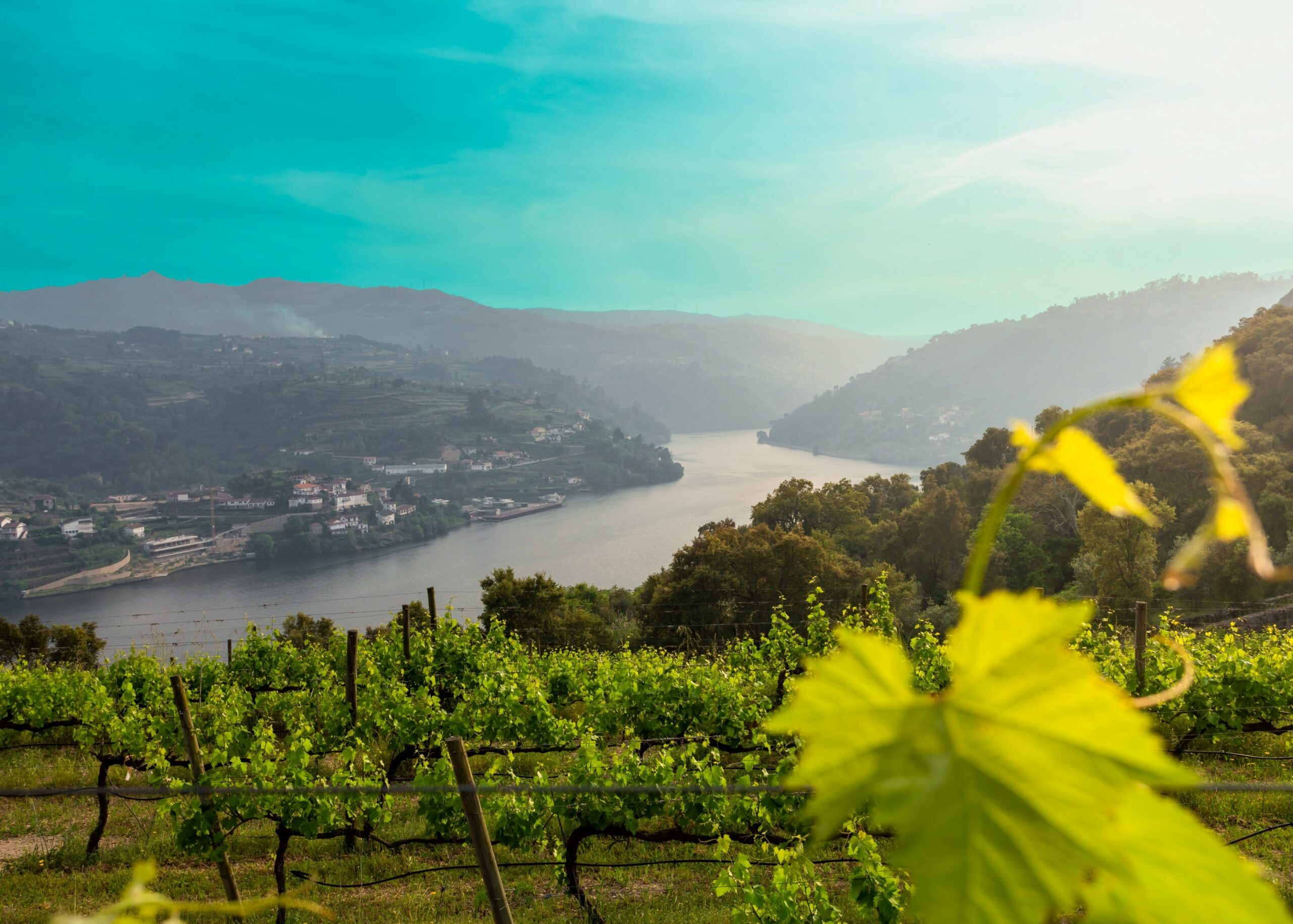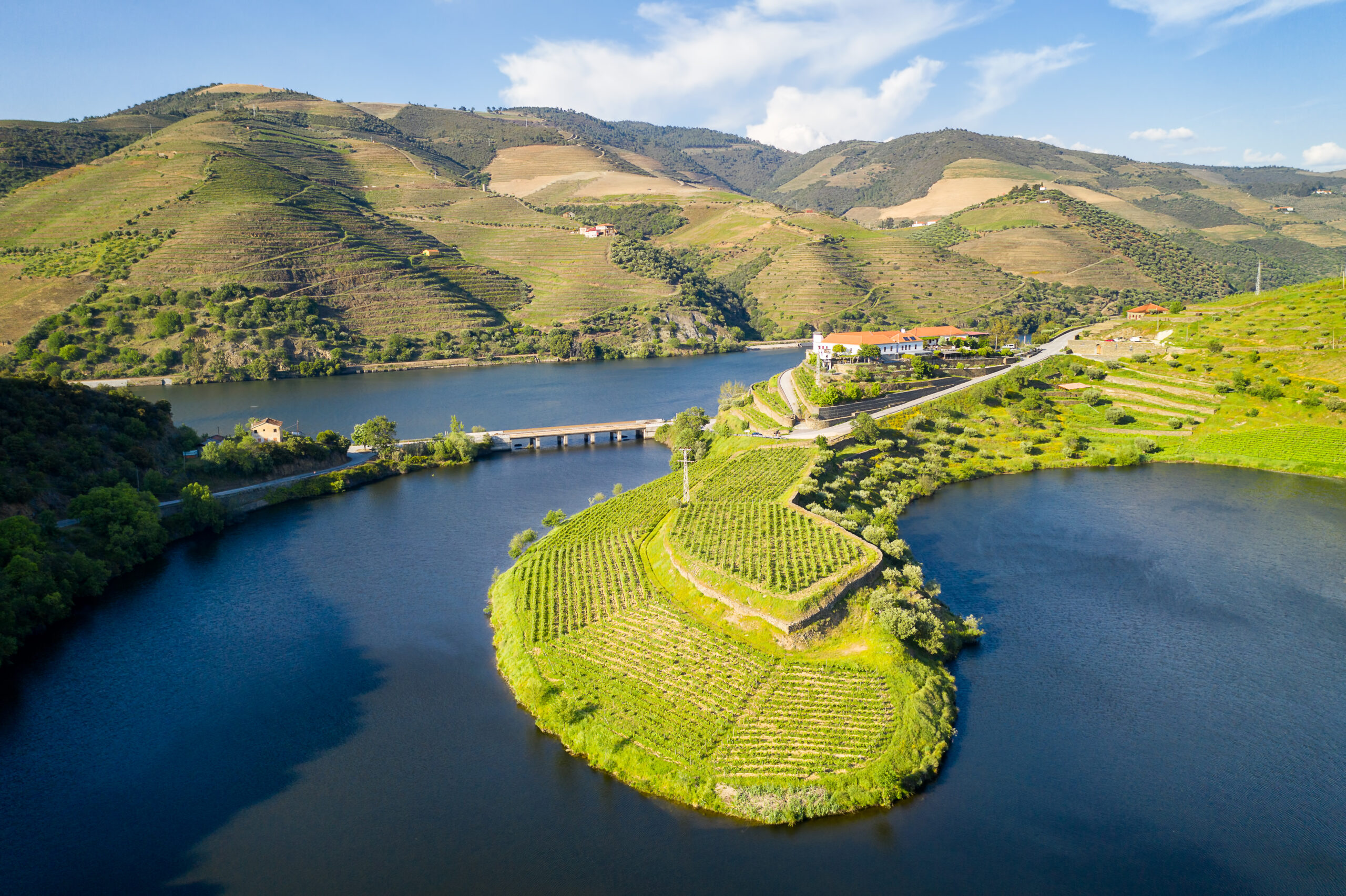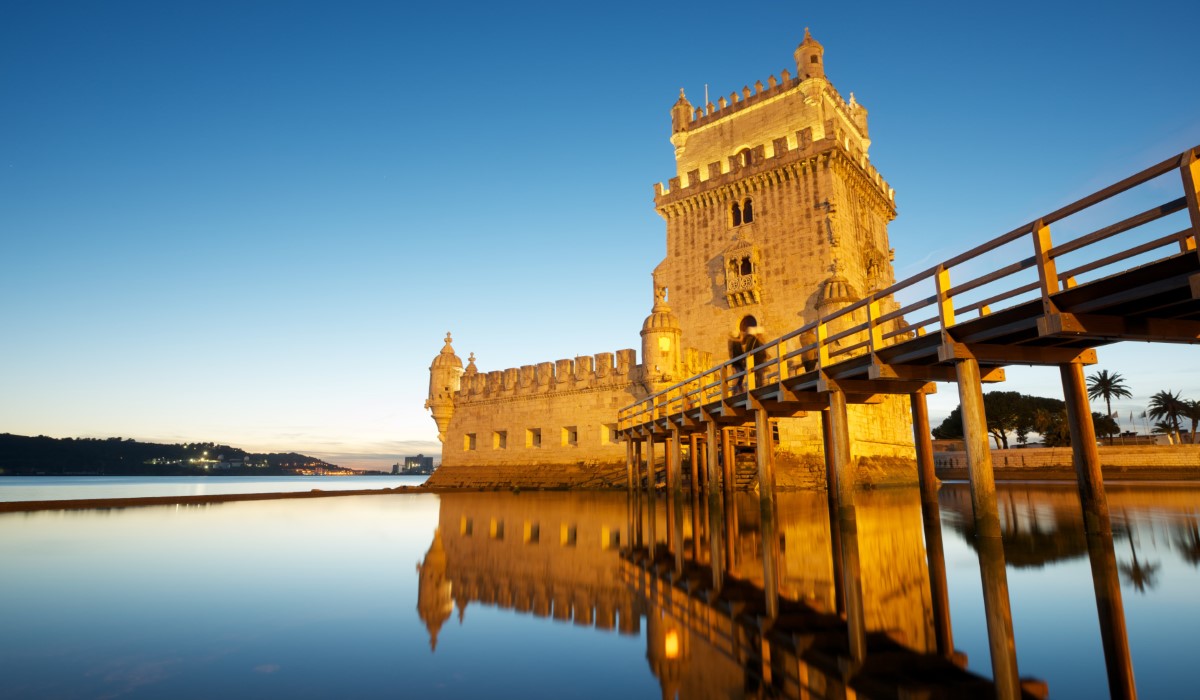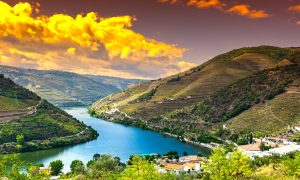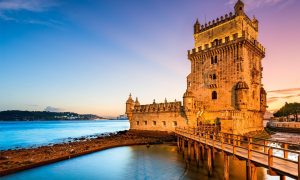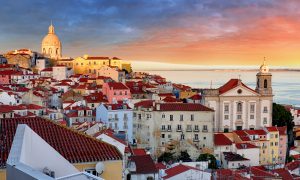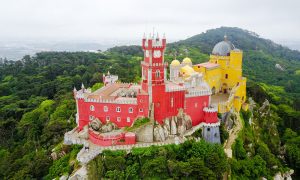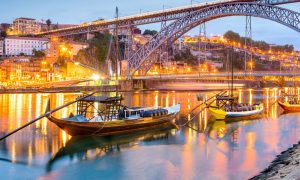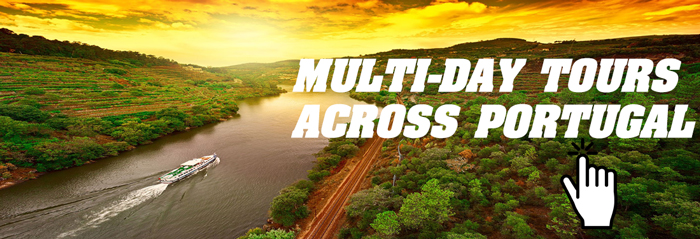Portugal, a captivating country located on the Iberian Peninsula, is as diverse in its geography as it is in its cultural fabric. This diversity is mirrored in its climate patterns, which vary significantly from the coast to the inland regions. Understanding the distinct climates of Portugal not only enriches the travel experience but also highlights the intricate relationship between the land and its weather patterns. From the mild, maritime influenced coastal climates to the more extreme conditions found inland, Portugal offers a remarkable climatic variety that beckons further exploration.
Unveiling Portugal’s Coastal Weather Patterns
Portugal’s coastline, stretching over 800 kilometers along the Atlantic Ocean, experiences a predominantly Mediterranean climate, characterized by mild, wet winters and warm, dry summers. Cities like Lisbon and Porto, both situated along the coast, are renowned for their idyllic weather, where temperatures rarely fall below 5°C in winter or exceed 28°C in summer. This temperate climate owes much to the Atlantic, which acts as a moderating force, preventing extreme temperatures and fostering a climate suitable for year-round tourism.
The southwestern coast, particularly the Algarve region, enjoys more than 300 days of sunshine annually, making it one of Europe’s sunniest areas. Here, the climate is slightly warmer and less variable compared to the northern coastal areas. Winters are mild and summers are hot but tempered by cooling sea breezes, which makes the Algarve a favorite among both locals and tourists for its pleasant beach weather and stunning natural scenery.
In contrast, the northwestern coastal areas, influenced by their proximity to the ocean, often encounter a more temperate maritime climate. The region around Porto, for instance, is known for its higher humidity and increased rainfall, especially during the autumn and winter months. This moisture-rich environment plays a crucial role in the cultivation of grapes for port wine, illustrating how the coastal weather not only shapes daily life but also supports the local economy and cultural practices.
Journey Through Portugal’s Inland Climates
Moving away from the coast, Portugal’s inland climates present a stark contrast, characterized by their greater range of temperature extremes. The interior regions, such as Alentejo and Trás-os-Montes, experience a continental climate, with hotter summers and colder winters compared to the coast. For instance, in Alentejo, summer temperatures can soar above 35°C, while in winter, they can plummet to near freezing at night, showcasing a more pronounced seasonal temperature variability.
The mountainous areas of the Serra da Estrela, the highest range in mainland Portugal, add another layer of diversity to the country’s inland climate. Winters here are severe enough to sustain snowfall, which is rare in other parts of Portugal, creating opportunities for winter sports and giving rise to a unique alpine ecosystem. The cooler temperatures and increased precipitation support a variety of flora and fauna that are not found in other regions of the country.
Moreover, the inland regions are less affected by the Atlantic, leading to lower humidity levels and greater diurnal temperature variations. This climate is particularly advantageous for agriculture, supporting a range of crops from olives and cork in Alentejo to cherries and almonds in the Douro Valley. The distinct climates across these areas not only influence agricultural practices but also affect the daily lives of the people residing in these regions, shaping their traditions and way of living.
The diverse climates of Portugal, from its soothing coastal areas to its challenging inland terrains, play a pivotal role in defining the country’s natural landscapes, lifestyle, and agricultural outputs. Whether one is drawn to the mild, sunny shores of the Algarve or the rugged, snowy peaks of the Serra da Estrela, Portugal offers a climatic diversity that caters to a multitude of preferences and activities. Exploring these climatic zones provides a deeper appreciation of how the environment shapes regional diversities, making Portugal a unique and intriguing destination to discover.

